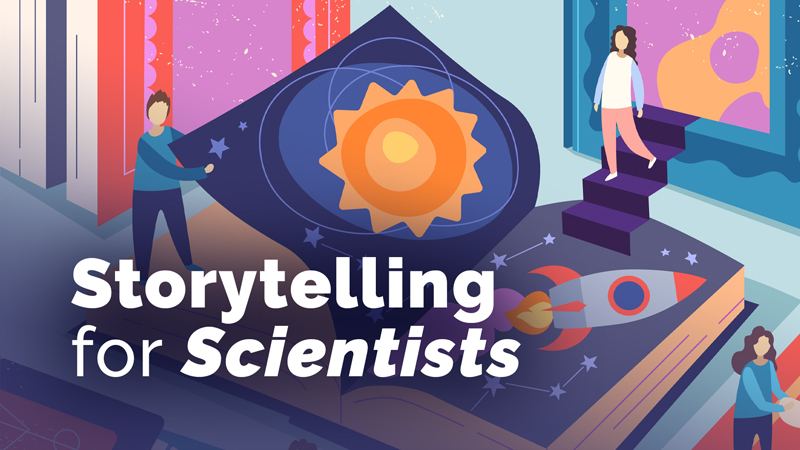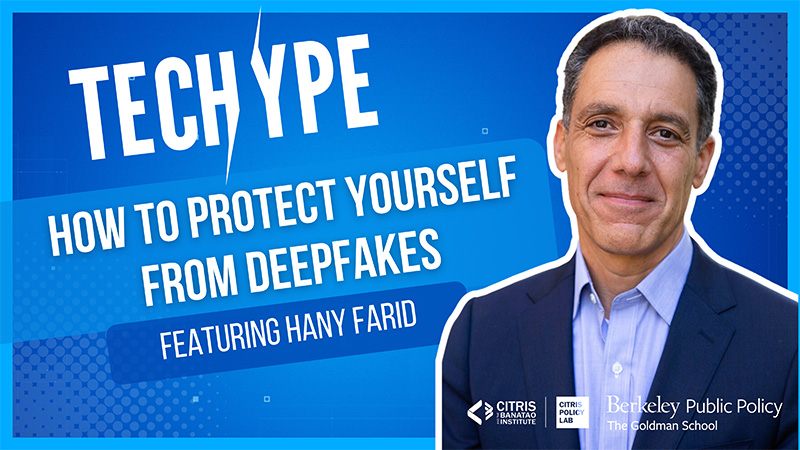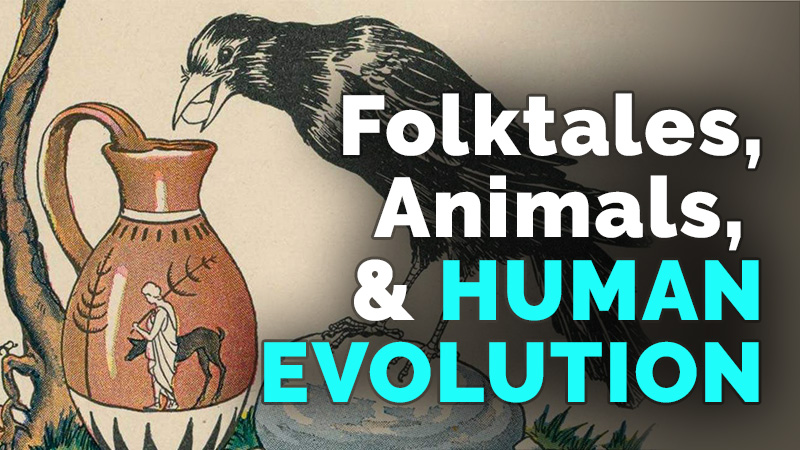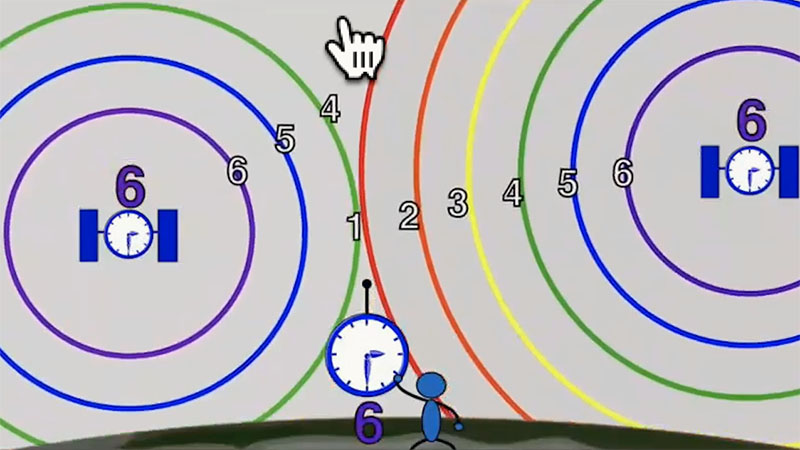-
How to Talk About Research

What does it take to make science stick with an audience? According to Lisa Warshaw and Rob Signer, Ph.D., it’s not just about what you say, but how you say it. In a compelling conversation, they lay out the tools researchers need to communicate complex science clearly and memorably. Whether preparing for a media interview…
-
Science in the White House: Tackling the Triple Crisis

How do we solve climate change, protect biodiversity, and reduce inequality—without treating them as separate problems? That’s the question Jane Lubchenco, Professor of Marine Biology at Oregon State University and former Deputy Director for Climate and Environment in the White House Office of Science and Technology Policy, explored in a recent talk at UC San…
-
2024 – The Year of AI

The AI revolution surged through 2024, transforming how we live, learn, and work. Generative AI tools like ChatGPT, DALL-E 2, and Bard redefined creativity and efficiency, empowering us to analyze data, craft content, and innovate across industries. From healthcare to finance, software development to art, these advancements are reshaping everyday life. But as AI accelerates,…
-
Your Eyes Can Deceive You: Exposing Deepfakes

Have you ever seen software that allows you to take an old still photo and magically have it smile at you? Or turn your selfie into a photograph that could be found in a yearbook from the 1990s? The technology that began as simple digital video manipulation for motion pictures has moved into deepfake technology…
-
Unraveling the Origins of Folkloric Narratives

In this episode from CARTA’s new series, The Role of Myth in Anthropogeny, scientist Brandon Parker explores the complexities of folkloric narratives and their origins. By dissecting their components and tracing their evolution, Parker illuminates how these narratives have been instrumental in shaping human cognition and society. Folkloric narratives, Parker explains, are not simple stories…
-
Time, Einstein, and the Coolest Stuff in the Universe

At the beginning of the 20th century, Einstein changed the way we think about time. Now, early in the 21st century, the measurement of time is being revolutionized by the ability to cool a gas of atoms to temperatures millions of times lower than any naturally occurring temperature in the universe. Nobel Prize recipient William…
-
Scientific and Social Activism
Please join us for an intimate discussion with eminent microbiologist and geneticist Jon Beckwith of Harvard Medical School. Beckwith is the author of Making Genes, Making Waves: A Social Activist in Science. He discusses the history of scientific and social activism and the teaching of social issues in biology. Along with having a successful scientific…
-
Neanderthal Among Us? Science Meets Fiction
What makes us human is a question that not only science asks, but all disciplines of mind from philosophy to religion to sociology and ethics, and even to storytelling and the arts. Tim Disney’s new movie “William” is about a Neanderthal living in the modern world and forces us to ask about humanness and many…
